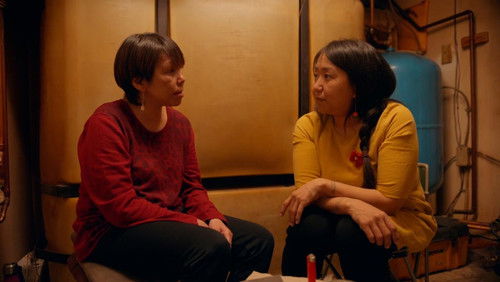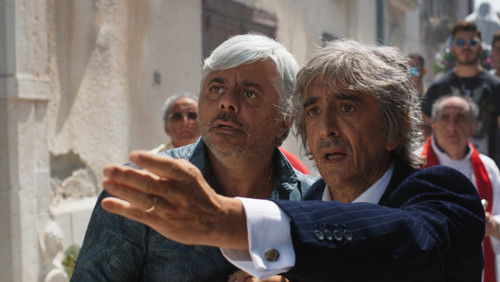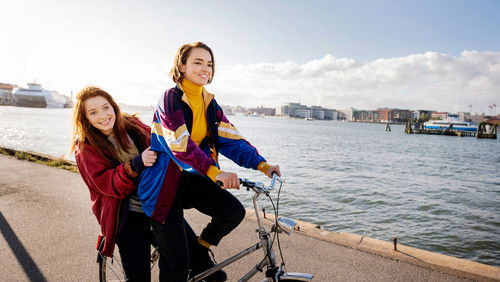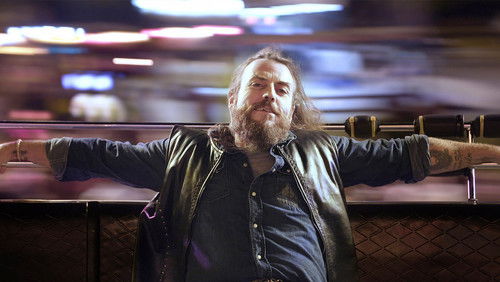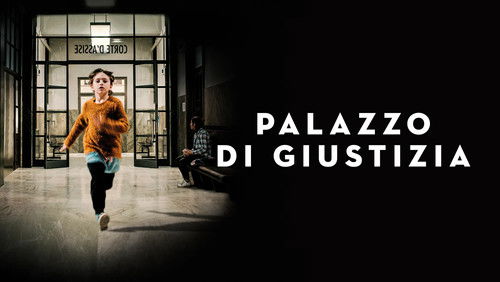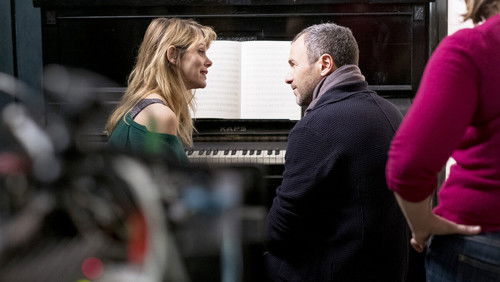Die Lady von Shanghai (1947)
27KDie Lady von Shanghai: Directed by Orson Welles. With Rita Hayworth, Orson Welles, Everett Sloane, Glenn Anders. Fascinated by gorgeous Mrs. Bannister, seaman Michael O’Hara joins a bizarre yachting cruise, and ends up mired in a complex murder plot.
“Reading the chequered history of the making of this movie, one will always wonder how close the finished result matched Wellesu0026#39; original vision. Was it just a knock-off version of a cheap pulp-fiction novel Welles just happened upon or was there a deeper artistic intent at work? I personally think that while it maybe started off as a quickie stop-gap thriller for Welles, he unquestionably picked it up and ran with it as only he could and even if Harry Cohn and his cohorts did hijack the finished article in the interests of commerciality, Wellesu0026#39; talent and verve transcend even the skewered and compromised cut we see here.u003cbr/u003eu003cbr/u003eSure there are lots of strange, even occasionally surreal aspects to the film, Wellesu0026#39; u0026quot;Oirishu0026quot; accent, that heu0026#39;s almost always in three-quarter profile facing the left, the massive close-ups and occasional crazy-cutting, the talking in Chinese to name but a few, but it also contains memorable, bravura scenes which only Orson could devise, like his deconstruction of the clichéd courtroom scene, his and Rita Hayworthu0026#39;s rendezvous at the aquarium with massive shape-shifting marine life glowing and glowering behind them, the upshot in the Chinese Theatre and of course the terrific climax in the hall of mirrors.u003cbr/u003eu003cbr/u003eThe motives of the characters and consistencies of the plot are at times seemingly thrown to the wind but somehow youu0026#39;re swept along, rather like Welles Black Irish Michael Ou0026#39;Hara, like a cork on the sea and left at the end deposited on the shore, breathless, confused but exhilarated. I know there are those who think itu0026#39;s a terrible movie and who blame the money-men saboteurs, but I loved it, warts and all. Although you never get used to that brogue, Welles is great in the lead role, Hayworth too in a misunderstood role. Then characters like the greasy, grisly Grisby and the lame, sardonic husband (the way he drawls the word u0026quot;loveru0026quot;) really get under your skin as theyu0026#39;re meant to. And thereu0026#39;s more, those close-ups showing the sweat, dread bewilderment and blankness of his charactersu0026#39; faces, the great dialogue, especially the analogy of humans with sharks, the little dots of humour with the various reactions of the public in the gallery of the court scene (u0026quot;Youu0026#39;re kidding, right?u0026quot;) and the chase scenes so reminiscent of u0026quot;The Third Manu0026quot;, to name but a few.u003cbr/u003eu003cbr/u003eSomeday Iu0026#39;d love to see the film Welles had in his head, but then you could say that about almost all his projects going right back to u0026quot;Citizen Kaneu0026quot;. Iu0026#39;m a fan and in the end have to be grateful for the small mercies of just whatever he was able to get released through the studio system, flaws, tampering and all. And I love film noir, so this was great for me to watch and I think it is a great watch too.”
